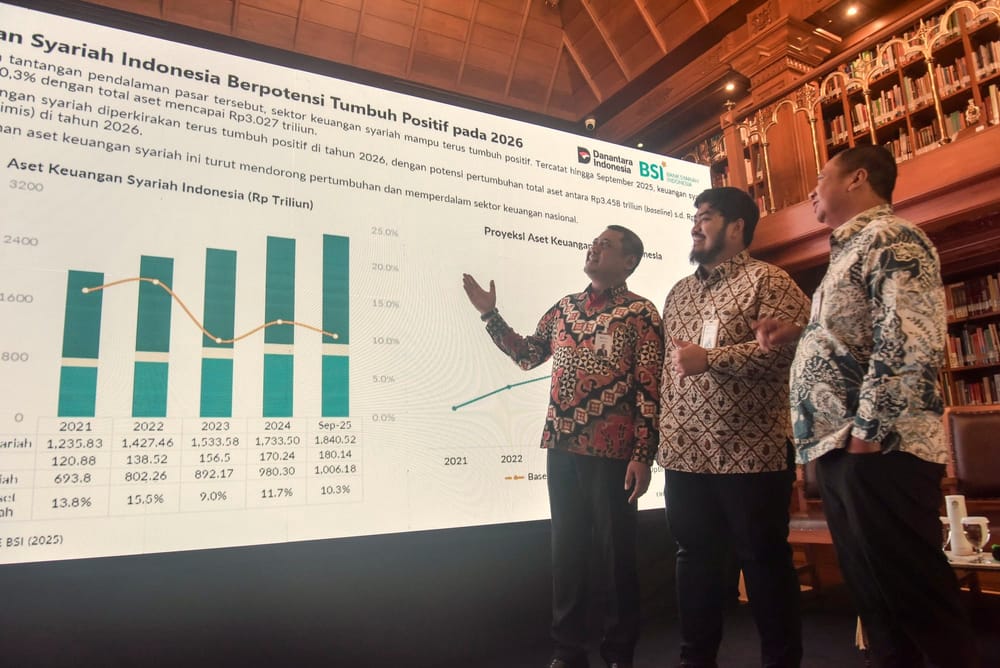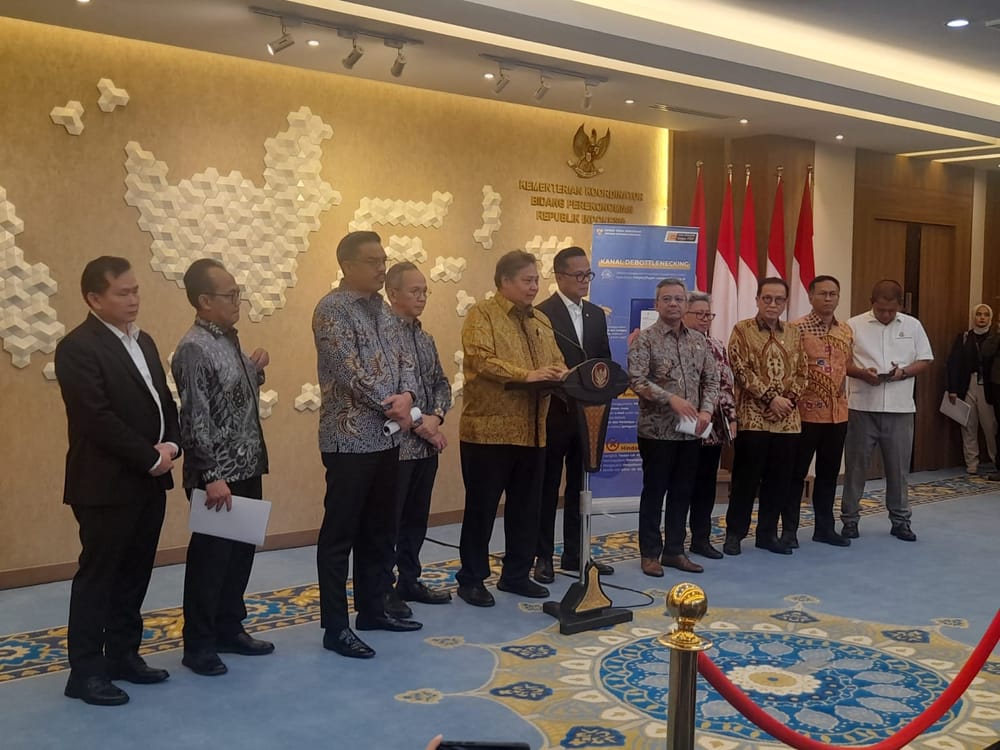Banks in Indonesia are strengthening their digital financial crime prevention strategies with a focus on education, advanced technology, and cross-agency collaboration. This is in response to the rise of new crime modes such as account buying and selling or"takeover" accounts that cause huge losses in the community.
Perbanas Head of Legal and Compliance Fransiska Oei explained that banks have carried out various prevention efforts. One of the main steps is comprehensive education to customers, the public, and internal staff about the risks of digital crime and new modes.
"In addition to providing education, including account opening forms, we say do not share passwords, takeover accounts are prohibited, we can close the account if there is suspicion," said Fransiska, Tuesday (5/8/2025).
In addition, according to Fransiska, in an effort to fight the crime mode of buying and selling accounts, banks are now tightening thecustomer due diligence (CDD) andenhanced due diligence (EDD) processes and checking the correctness of Population and Civil Registration (Dukcapil) data.
"In order to mitigate risks, banks have also begun to verify Dukcapil data and even conduct direct visits to suspected company locations. This step was taken due to challenges, such as the use of fake Dukcapil data or the establishment of fictitious companies," said Fransiska, who is also the Director of Compliance, Corporate Affairs and Legal of CIMB Niaga Fransiska Oei.
In terms of supervision, banks work closely with the Financial Services Authority (OJK) and Bank Indonesia (BI) to conduct stricter screening. Fransiska also revealed that the anti-fraud team operates 24/7 to monitor suspicious transactions. This monitoring system not only analyzes the frequency and value of transactions, but also tracks IP addresses, especially from high-risk countries.
Furthermore, Fransiska explained that investigations are also carried out based on transaction patterns and e-mail similarities between accounts. She added that the bank has also expanded cooperation with aggregators, switching companies, and fintech to obtain additional data, especially if the perpetrators are not direct customers of the bank.
The role of technology and regulatory synergies
Banking observer and President Director of PT Penyelesaian Transaksi Elektronik Nasional (PTEN) Arianto Mudiotomo believes that banks continue to strengthen prevention strategies through advanced technology. According to him, banks in Indonesia have implemented an anomaly detection system based on machine learning and artificial intelligence (AI) to monitor suspicious transaction patterns in real-time.
"In an increasingly complex digital transaction ecosystem, a data-driven approach and inter-agency integration are key in preventing abuse of the banking system by financial criminals," he told SUAR (7/8/2025).

He emphasized the importance of synergy between banks, OJK, and the Financial Transaction Reports and Analysis Center (PPATK) in strengthening digital policies and infrastructure. Arianto encouraged the adoption of security technologies such as biometric authentication, end-to-end encryption, and automated suspicious transaction reporting systems.
According to him, banks must improve digital literacy and customer personal data protection. Meanwhile, OJK needs to strengthen risk-based regulations and technology-based supervision (Suptech), and PPATK plays a role in optimizing the big data analytics system to detect organized crime networks across digital platforms.
Huge losses due to online fraud
OJK Deputy Commissioner for Supervision of Financial Services Business Conduct and Consumer Protection (PEPK), Rizal Ramadhani, said that the Task Force for the Eradication of Illegal Financial Activities (Satgas Pasti) continues to record losses suffered by the public. As of June 2025, losses due to online fraud reached Rp 4.1 trillion, with successfully blocked victim funds amounting to Rp 348.3 billion.
Rizal mentioned that the mode of financial crime is increasingly diverse, not only using telephone or SMS, but also penetrating digital platforms such as WhatsApp and Twitter. Perpetrators even imitate important figures to convince victims. "This scam has caused huge losses in the community," he said at the Katadata Policy Dialogue: National Strategy to Fight Financial Crime in Jakarta, Tuesday (5/8).
He explained that the mode of crime can use banks as a means, or as a target, such as system hacking that causes customer funds to disappear. For this reason, Rizal said, "We as chairman of the task force always synergize with relevant ministries, associations, institutions because the damned devil also synergizes."
With synergies and strategies that are constantly updated, it is hoped that banks and related institutions can create a safer digital ecosystem for the community.






